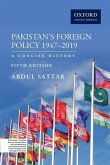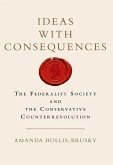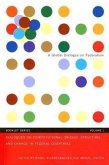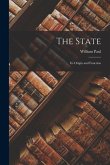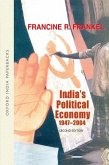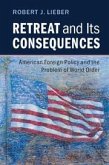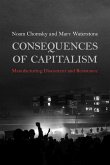This study seeks to solve the following puzzle: In 1947, the Pakistan military was poorly trained and poorly armed. It also inherited highly vulnerable territory vis-à-vis the much bigger India, aggravated because of serious disputes with Afghanistan. Over the years, the military, or rather the Pakistan Army, continued to grow in power and influence, and progressively became the most powerful institution. Moreover, it became an institution with de facto veto powers at its disposal to overrule other actors within society including elected governments. Simultaneously, it began to acquire foreign patrons and donors willing to arm it as part of the Cold War competition (the United States), regional balance-of-power concerns (China), and ideological contestants for leadership over the Muslim world (Saudi Arabia, to contain Iranian influence). A perennial concern with defining the Islamic identity of Pakistan, exacerbated by the Afghan jihad, resulted in the convergence of internal and external factors to produce the fortress of Islam self-description that became current in the early twenty-first century. Over time, Pakistan succumbed to extremism and terrorism within, and was accused of being involved in similar activities within the South Asian region and beyond. Such developments have been ruinous to Pakistans economic and democratic development. This study explains how and why it happened.
Hinweis: Dieser Artikel kann nur an eine deutsche Lieferadresse ausgeliefert werden.
Hinweis: Dieser Artikel kann nur an eine deutsche Lieferadresse ausgeliefert werden.


